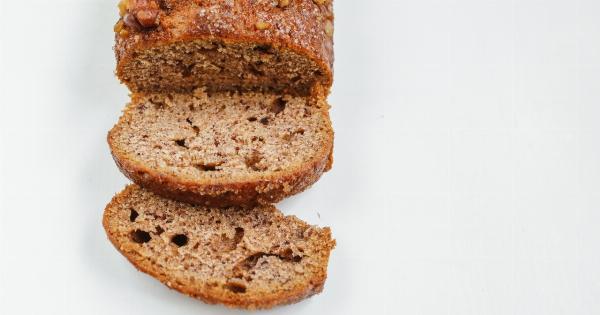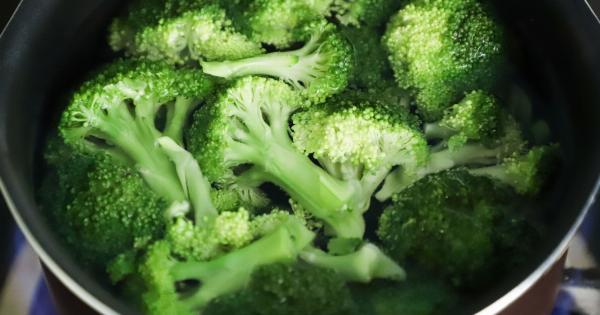When it comes to maintaining a healthy weight, there are lots of different approaches you can take. Some people prefer to eat three square meals a day, while others find it more helpful to eat small, frequent meals throughout the day.
But is one approach really better than the other?.
In this article, we’ll explore why eating small, frequent meals may be a better option for weight control, and provide some tips for making the switch.
What Are Small, Frequent Meals?
Small, frequent meals are exactly what they sound like – instead of eating three large meals a day, you eat smaller meals (usually around 300-400 calories) every 3-4 hours.
This approach is sometimes called “grazing,” because it involves snacking throughout the day instead of eating a few big meals.
Why Eat Small, Frequent Meals?
There are several reasons why eating small, frequent meals may be beneficial for weight control:.
1. Keeps Your Metabolism Running
When you eat, your body burns calories to digest and process the food. This process is called thermogenesis, and it makes up about 10% of your daily energy expenditure.
When you eat smaller, more frequent meals, you’re giving your metabolism a boost by forcing it to work more often. This can increase your overall daily energy expenditure, and help you burn more calories throughout the day.
2. Reduces Hunger and Cravings
When you eat large meals, you’re essentially training your body to expect a lot of food at once. This can lead to overeating, as your body is anticipating a big influx of energy that doesn’t always come.
By contrast, eating small, frequent meals can help regulate your hunger and cravings, since you’re providing your body with a steady stream of energy throughout the day.
This can help prevent the blood sugar crashes and hunger pangs that can lead to overeating or binging.
3. Enhanced Nutrient Absorption
When you eat a large meal, your body has to work harder to digest and absorb all of the nutrients.
By contrast, smaller, more frequent meals are easier to digest, meaning your body can better absorb all of the vitamins, minerals, and nutrients in your food.
This can be particularly important for weight control, since many obesity-related health conditions (like type 2 diabetes) are linked to nutrient deficiencies.
Eating small, frequent meals can help ensure that you get all the nutrients your body needs to stay healthy.
How to Start Eating Small, Frequent Meals
If you’re interested in trying small, frequent meals, there are a few tips to keep in mind:.
1. Plan Ahead
One of the biggest challenges with small, frequent meals is that you need to be prepared with healthy snack options throughout the day.
Take some time to plan out your meals and snacks for the week, so you always have something healthy and filling to reach for when hunger strikes.
2. Focus on Protein and Fiber
When it comes to snacking, protein and fiber are your friends. These nutrients are slow-digesting, meaning they’ll help keep you feeling full and satisfied for longer.
Stock up on protein-rich snacks like nuts, hard-boiled eggs, and jerky, and fiber-rich snacks like fruit, veggies, and whole grains.
3. Don’t Forget About Hydration
Staying hydrated is important for weight control, and can help ensure that you don’t mistake thirst for hunger. Keep a bottle of water with you at all times, and try to drink at least 8-10 glasses a day.
4. Be Prepared for Discomfort
Switching to small, frequent meals can be uncomfortable at first, since your body is used to larger meals. You may experience some hunger and discomfort as your body adjusts, but stick with it – it should pass within a few days.
Conclusion
Small, frequent meals can be a powerful tool for weight control, since they help regulate your hunger and metabolism, as well as enhance nutrient absorption.
If you’re interested in giving it a try, it’s important to plan ahead, focus on protein and fiber, stay hydrated, and be prepared for some discomfort as your body adjusts.





























